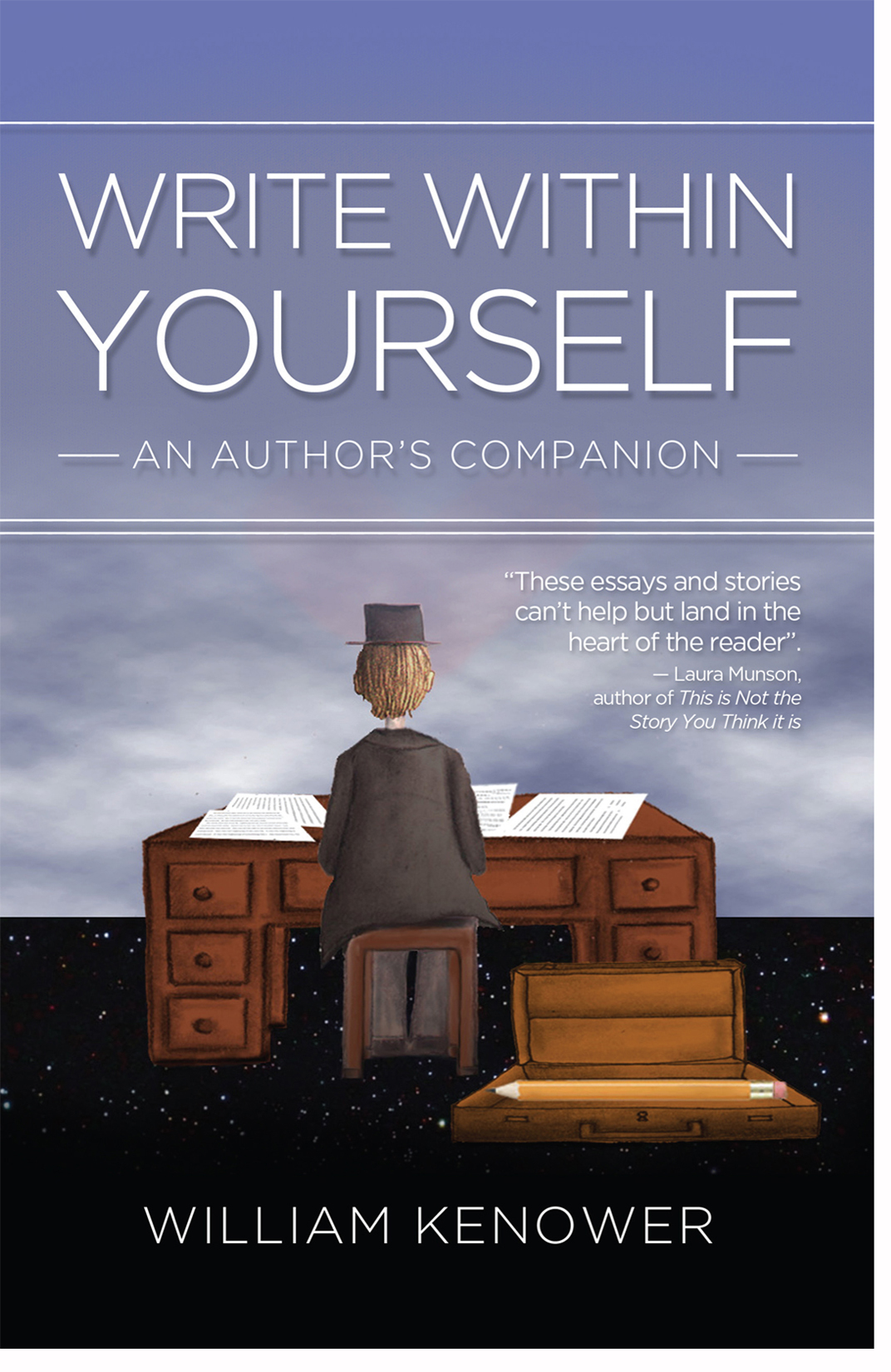How to Think Like a Writer
I did a podcast last week called Fearless Writing. The idea is that if you want to write, if you would write whether anyone ever paid you to do so, then the only thing that can really come between you and the writing experience you most want to have is fear. Not a crowded a market place, not a busy life, not a lack of talent, but fear. Fear that you aren’t good enough, fear you have nothing original to say, fear that starting your book is just a waste of time. It is easy to forget that fear isn’t a thing – it’s just a feeling to which we have attached a word. It’s a powerful feeling, however, It is so powerful that if I sit in my living room and imagine a killer is waiting for me outside my door, and if I begin to believe what I am imagining, I will feel the alarm bells of panic within me as if I could actually see the killer’s shadow in my window. The physical reality is irrelevant – all that matters is what I think about that reality.
Which is important to remember if you want to write, because writing is just thinking on purpose. For instance, I can’t think about football and write about elephants. I can’t think about violence and write about love. And I also can’t think how no one will want to read what I want to write while I am trying to write something I am hoping other people will read. Whether it’s elephants, love, or sharing my work, to write I must focus my attention on the ideas that serve my creative desires.
But like every single person I know, I have a habit of thinking against myself. It’s just so much easier to notice this in other people. There is my friend who talks passionately about the need for a world without bigotry, while simultaneously pointing out how much smarter he is than other people. There is my other friend who desperately wants to make more money, but only ever talks about how poor he is. Look at them, I think to myself, so busy dreaming the nightmare prisons from which they are trying to escape.
Meanwhile, my little prisons seem very real. I know they’re real because of how I feel. If I were free, I’d feel way better. That’s just science. And so I mope about, complaining quietly to myself, looking forward to the day when I have accumulated enough book sales, speaking gigs, or Facebook shares to be set free from the lonely cell of irrelevance.
Which brings me back to fear. I have wanted many things in my life, and I have come to the unavoidable conclusion at my modestly advanced age that the only thing that has ever stood between those things and me is the fear that I can’t have them. I have never experienced this more acutely, more directly, more practically than when I write. I want to finish a book, or an essay, or even a sentence. I want to, but the answer to the question, “How can I say this,” isn’t coming. I begin to worry, quietly at first, but then more actively that the answer will never come, that maybe I’m not good enough or smart or just simply enough. The more I worry, the more it doesn’t come and the more I worry.
So I stop writing, and take a walk, or take a shower, or talk to my wife, and in so doing eventually forget to worry I’m not good enough. It takes effort to worry, after all. It’s not natural. And when I’ve stopped worrying – when I’m just being, just drifting through thought without any goal other than feeling good – quite unexpectedly, the answer comes. And every time it does, the experience is always precisely the same: the answer is so obvious, is so inherent within the question, that it is as if it had been directly in front of me and I would have seen it if I had only opened my eyes – which I always do when I awaken from my private nightmares.
Write Within Yourself: An Author's Companion.
"A book to keep nearby whenever your writer's spirit needs feeding." Deb Caletti.
You can find Bill at: williamkenower.com


